Search
Search Results

Image
God and Goddess from Mesopotamia
The upper halves of terracotta plaques, depicting a male figure (on the left, who has a long beard) and a female figure (on the right, with bare breast) wearing a horned headdress (symbol of divinity) and appearing to hold a long bar in both...

Definition
Nicolaus Copernicus
Nicolaus Copernicus (1473-1543 CE) was a Polish astronomer who famously proposed that the Earth and other planets revolved around the Sun in a heliocentric system and not, as then widely thought, in a geocentric system where the Earth is...

Article
The Ancient Celtic Pantheon
The ancient Celtic pantheon consisted of over 400 gods and goddesses who represented everything from rivers to warfare. With perhaps the exception of Lugh, the Celtic gods were not universally worshipped across Iron Age Europe but were very...

Definition
Galileo Galilei
Galileo Galilei (1564-1642) was an Italian mathematician, physicist, astronomer, and natural philosopher. He created a superior telescope with which he made new observations of the night sky, notably that the surface of the Moon has mountains...
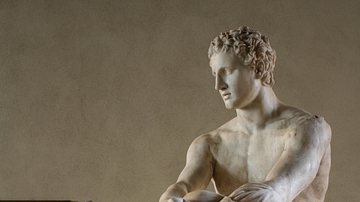
Image
Ares - God of War
A marble statue of a seated Ares, Greek god of war. Eros plays at the god's feet. 2nd century BCE. (Palazzo Altemps, Rome)
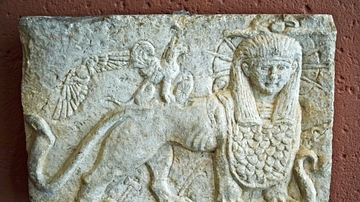
Image
Relief Depicting Egyptian God Tutu
This ancient Egyptian relief dates from c. 100 CE and depicts Tutu. (He was known as "Tithoes" in Greek.) Tutu was an ancient Egyptian god that first rose in popularity in the Late Period (c. 664 BCE–c. 332 BCE). While ancient Egyptians believed...
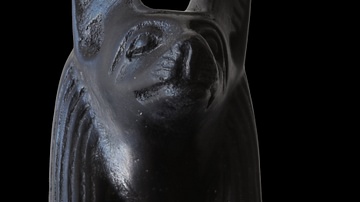
Image
Anubis God of Lost Souls
Anubis is the Egyptian god of mummification and the afterlife as well as the patron god of lost souls and the helpless. Modern reproduction.
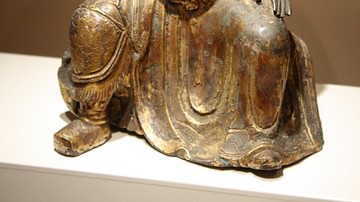
Image
Kuan Ti - God of War
Kuan Ti, the Chinese deified general Guan Yu and god of War. Guan Yu died in 220 CE. Painted and gilded bronze. 14th - 17th century CE. (Museum of Asian Art, Corfu)
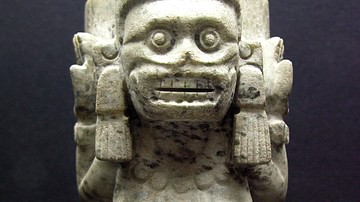
Image
Mictlantecuhtli, God of Death
A stone vessel depicting Mictlantecuhtli the Aztec god of death and Lord of the Underworld.
National Museum of Anthropology, Mexico City.
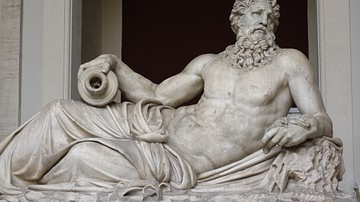
Image
Roman River God Arno
A Roman marble statue depicting the River god Arno (the river which runs through Florence). First half of the 2nd century CE, although the head is a Renaissance replacement. (Vatican Museums, Rome)